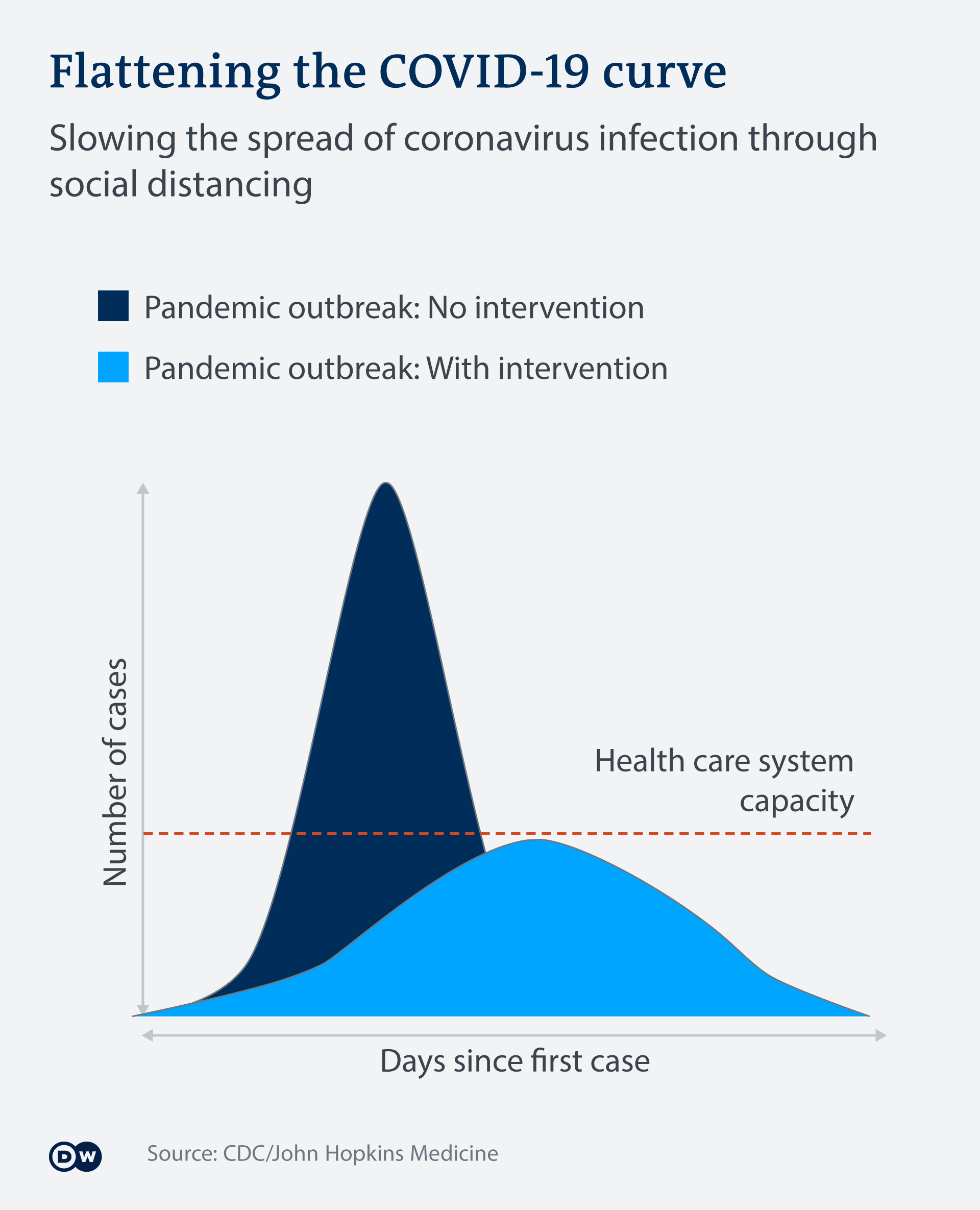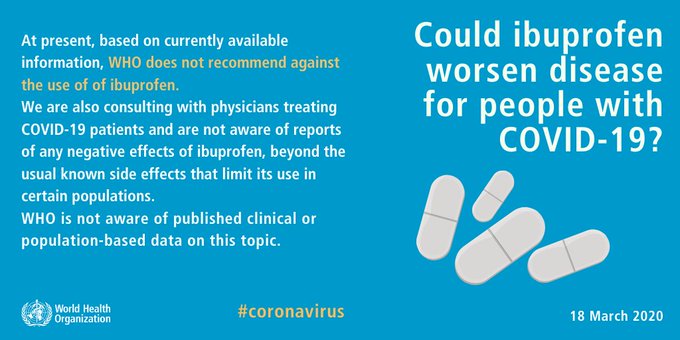|
|
It’s been a hot topic for months, yet SARS-CoV-2 still raises a lot of questions. Scientists are trying to answer as many of them as quickly as possible — here’s what they’ve found so far.
Some of the questions we address in this article were sent to us via Facebook and Twitter. We’ve also looked at the questions that people most often google when they want information about SARS-CoV-2 or the disease it causes, COVID-19.
What does 5G have to do with COVID19?
In short: nothing, apart from having recently become the subject of some popular coronavirus conspiracy theories.
Understandably, people are trying to make sense of an infectious disease pandemic that, for many, seems to have come out of nowhere and turned their worlds upside down. But the false claims being made about the role of mobile 5G networks in the spread of SARS-CoV-2 are, at best, unhelpful and, at worst, downright dangerous.
One version of the theory says the symptoms of coronavirus are a result of radiation from the 5G network, another claims the virus is a natural infection but it’s made worse by 5G, and yet another that the entire pandemic is a hoax designed to distract people from the installation of the 5G network.
As the International Commission on Non-Ionizing Radiation Protection, an international watchdog that sets out guidelines on the radiation output of mobile towers, has stated: there is no scientific evidence whatsoever to substantiate these theories. This is backed by both the World Health Organisation (WHO) and Germany’s Federal Office for Radiation Protection (BfS) that say there is no research linking exposure to wireless technology with adverse health effects.
Radiation and viruses are entirely different entities that do not interact — one is biological and the other is part of the electromagnetic spectrum. SARS-CoV-2 is spread by droplets from the eyes, nose or mouth of an infected person, not via radiation.
The only way a mobile phone could help spread SARS-CoV-2 is if these droplets from an infected person landed on its surface and those droplets were then transferred to a healthy person that came into contact with it. To avoid this, try not to share your mobile phone with others during a pandemic, regularly disinfect your mobile phone and wash your hands.

Where did SARS-CoV-2 come from?
Scientific consensus agrees that the novel coronavirus is natural — it’s a zoonotic disease, meaning it was transmitted from animals to humans. It’s widely thought that the virus originated in bats, before possibly passing through another mammal that infected a human.
In early February, Nature published a study showing that the novel coronavirus is 96% identical at the whole-genome level to a bat coronavirus.
Another study found that pangolins — a scaly anteater that is heavily trafficked in parts of Asia and Africa — carry coronaviruses that are very similar to SARS-CoV-2.
But exactly where this virus came from is yet to be confirmed and some scientists say we might never know its precise origins.
There is, however, a strong possibility that SARS-CoV-2 made the leap from animal to human for the first time at a live animal market in Wuhan, the capital city of Central China’s province of Hubei.
There is strong evidence that SARS-CoV-2 made the leap from animal to human for the first time in Wuhan, the capital city of Central China’s province of Hubei.
Will I die of COVID-19?
This question can’t be answered with a simple “yes” or “no,” just like death from the flu or a car accident can’t be predicted with certainty. We can only speak of probabilities. And even that is not so easy in the case of COVID-19, which is why we have prepared a detailed breakdown of the statistics here: Corona confusion: How to make sense of the numbers and terminology
Mathematician and epidemiologist Adam Kucharski, from the London School of Hygiene and Tropical Medicine, calculates that the virus’ casualty rate is between 0.5 to 2%, i.e. one or two people die out of every 100 people who are infected.
Read more: How long is the coronavirus incubation period?
How long can the virus survive in the air or on surfaces?
Coronaviruses cause respiratory diseases. The virus is mainly transmitted via droplets that are released into the air by coughing or sneezing.
According to Germany’s Federal Institute for Risk Assessment (BfR), initial laboratory tests show that the novel SARS-CoV-2 can remain infectious “after heavy contamination” for up to three hours in the air, up to four hours on copper surfaces, up to 24 hours on cardboard and up to two or three days on stainless steel and plastic.
But the good news is that the virus needs a live host to survive. Without a live host, the virus eventually dies out because it can’t copy itself. So while it may survive on some surfaces for hours and even days, over time it becomes less infectious because, without being able to replicate, the virus breaks down over time.
Furthermore, such studies have examined the survival of the virus in ideal laboratory conditions, not accounting for outside factors — for example, temperature changes and sunlight — that could affect the stability of the virus.
How can I best protect myself?
By coughing and sneezing into your elbow, washing your hands regularly and thoroughly, keeping physical distance from other people and socially distancing. This is how everyone can not only protect themselves, but help to slow down the spread of the virus.

As the virus spreads exponentially, these measures are also necessary to avoid completely paralysing countries’ health systems. Lothar Wieler, president of Germany’s Robert Koch Institute, a federal agency for disease control and prevention, urges that the precautionary measures be observed without fail. Otherwise, we can expect 10 million more infections in Germany alone in two to three months.
Why isn’t there a vaccine yet?
It normally takes years to develop an effective and safe vaccine.
According to the German Association of Research-Based Pharmaceutical Companies (vfa), there are at least 47 ongoing projects globally focussing on the development of a coronavirus vaccine. One of the leaders in this area is the German company CureVac.
The German Centre for Infection Research (DZIF) is one such institute researching a coronavirus vaccine. Scientists at the DZIF use pre-existing “building blocks” from previously formulated vaccines to work towards the development of a coronavirus vaccine. Although the scientists are working under high pressure, it’s not possible for a vaccine to be launched on the market this year. The clinical studies, which are crucial for approval, take time.
Parallel to the development of the vaccine, some researchers are working on developing a “passive immunization” with antibodies derived from blood serum. These come from people who have survived a SARS-CoV-2 infection and therefore have antibodies in their blood that can fight the virus.
It’s called passive immunization, because the recipient body hasn’t actively produced any antibodies itself. And as a result, the antibodies it “borrows” will provide protection or help to fight an infection, but only for a short period of time. Only a traditional vaccine will provide long term protection from coronavirus.

Is using ibuprofen while infected with coronavirus harmful or not?
There’s been a lot of confusion around this question.
One study, published in Lancet Respiratory Medicine on March 11, 2020, suggested that people infected with SARS-CoV-2 who were medicating with ibuprofen while also taking a type of medicine typically prescribed for diabetes may exacerbate the effects of coronavirus.
According to their study, ibuprofen and thiazolidinediones — a class of drug used to treat Type 2 diabetes — may upregulate the ACE2 receptor that enables the SARS viruses to enter the cells. It’s an unconfirmed theory.
But to make things confusing, the World Health Organization (WHO) initially released an official warning against coronavirus patients taking ibuprofen. To be on the safe side, WHO spokesman Christian Lindmeier said SARS-CoV-2 patients should not take ibuprofen without medical advice, and instead recommended they use paracetamol. Two days later, however, the WHO retracted that warning, and their most recent stance does not advise against infected patients using ibuprofen.
Can my pet be infected with coronavirus?
Yes. That’s why the Swiss Federal Food Safety and Veterinary Office (BLV) advises pet owners who are in quarantine to avoid too much contact with their animal co-habitants. But as far as it’s understood, dogs and cats don’t show any symptoms of infection — they don’t become unwell. This makes it all the more difficult to assess the risk.
According to the BfR, an infected animal can theoretically spread the virus further via the air it breathes and its excretions. After all, SARS-CoV-2 did originate in the animal kingdom.
I’m pregnant. Is the coronavirus dangerous for me or my child?
Based on what scientists know so far, children are not a high-risk group for coronavirus. That means children infected with coronavirus usually have a mild course of the disease. There are individual case reports of newborns in which SARS-CoV-2 has been detected. However, it’s unclear whether transmission occurred during pregnancy, during birth or after birth.
According to the WHO and Germany’s Federal Center for Health Education (BZgA), pregnant women don’t appear to have an increased risk of the disease. Nevertheless, expectant mothers should exercise special caution — due to the inconclusiveness around this question, this information comes without a guarantee.














